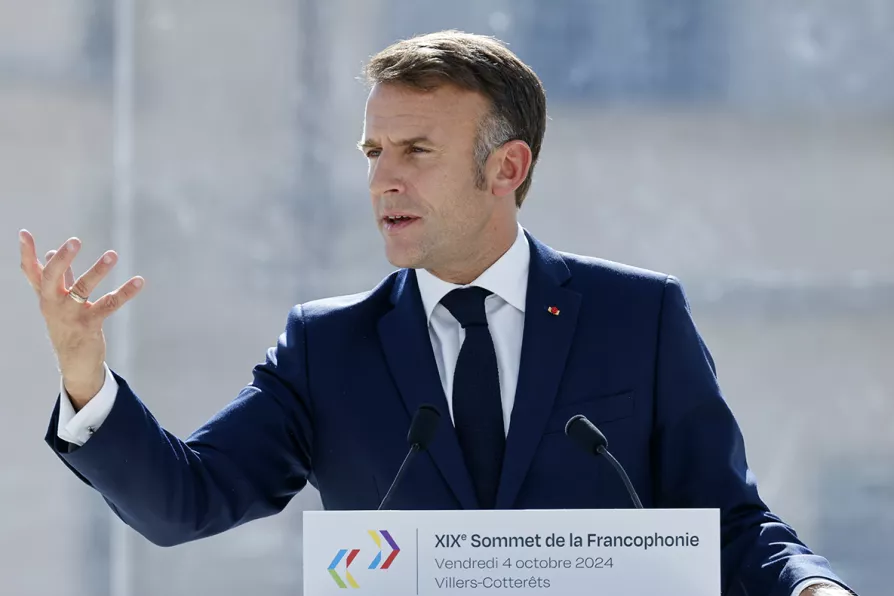Does widespread and uncontrolled use of AI change our relationship with scientific meaning? Or with each other? ask ROX MIDDLETON, LIAM SHAW and MIRIAM GAUNTLETT

 France's President Emmanuel Macron gestures as he delivers a speech at the 19th Francophonie summit in Villers-Cotterets, France, October 4, 2024
France's President Emmanuel Macron gestures as he delivers a speech at the 19th Francophonie summit in Villers-Cotterets, France, October 4, 2024
LAST week French President Emmanuel Macron chose the Berlin Global Dialogue meeting to argue for an even more deregulated European Union.
France and Germany were traditionally united in insisting on a level playing field and competition rules to prevent the weaker and less industrialised economies of the EU from “unfairly” competing on pay, conditions and labour standards.

US tariffs have had Von der Leyen bowing in submission, while comments from the former European Central Bank leader call for more European political integration and less individual state sovereignty. All this adds up to more pain and austerity ahead, argues NICK WRIGHT

Starmer sabotaged Labour with his second referendum campaign, mobilising a liberal backlash that sincerely felt progressive ideals were at stake — but the EU was then and is now an entity Britain should have nothing to do with, explains NICK WRIGHT

In the first half of a two-part article, PETER MERTENS looks at how Nato’s €800 billion ‘Readiness 2030’ plan serves Washington’s pivot to the Pacific, forcing Europeans to dismantle social security and slash pensions to fund it

The left must avoid shouting ‘racist’ and explain that the socialist alternative would benefit all









